Indigenous Governance Database
Economic and Community Development
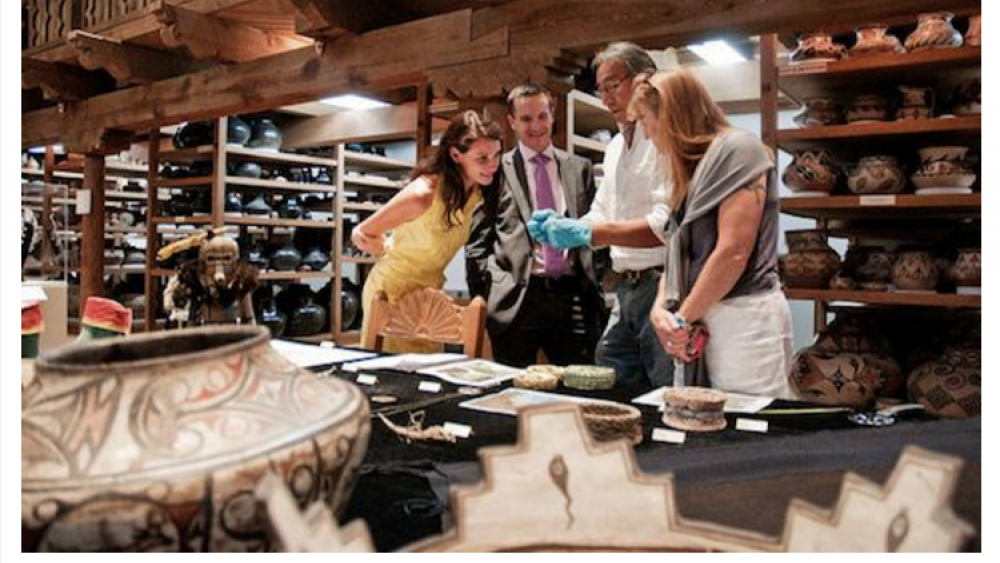
Radical New Way to 'Museum': A:shiwi A:wan Museum and Heritage Center
Many people think of museums as dusty, static, boring places. They’re where you go if you want to see old bones, old artifacts, and the odd diorama. They’re not living, breathing spaces where cultures come alive. Enter the A:shiwi A:wan Museum and Heritage Center in Zuni, New Mexico, which has…
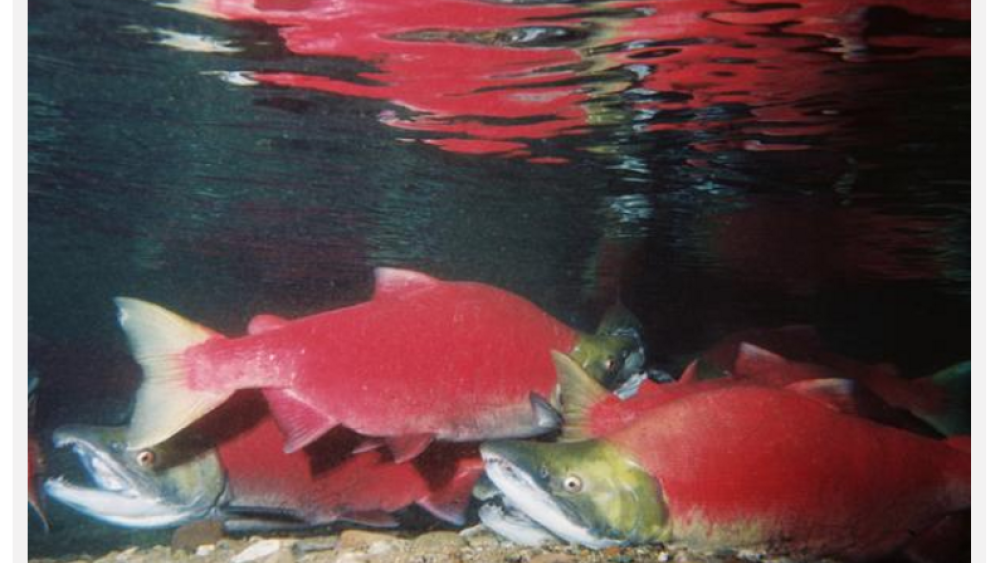
Fisheries Are the Lifeblood of the Nez Perce Economy
The Nez Perce Tribe has the second largest economic impact in North Central Idaho and is the third largest employer in the region. The massive fisheries program which employs upwards of 180 people is a major contributor to those statistics. Fish have always been vital to the tribe. Salmon in…
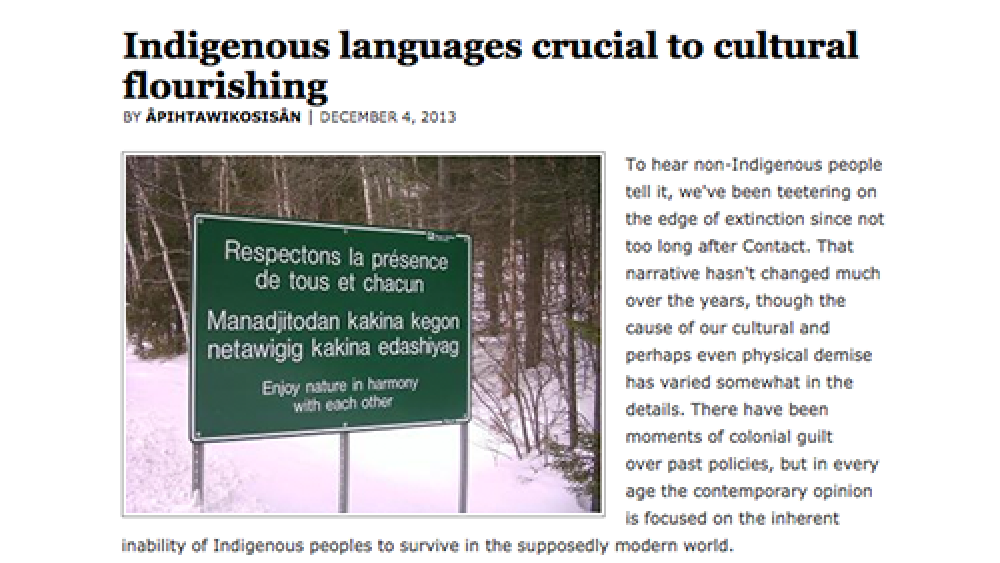
Indigenous languages crucial to cultural flourishing
I believe our languages to be so central to who we are as Indigenous peoples, that I cannot discuss our present or our future without reference to languages. The oppression we have faced, and continue to face, does not define us in the way our languages do. Our resilience, and the fact that we have…
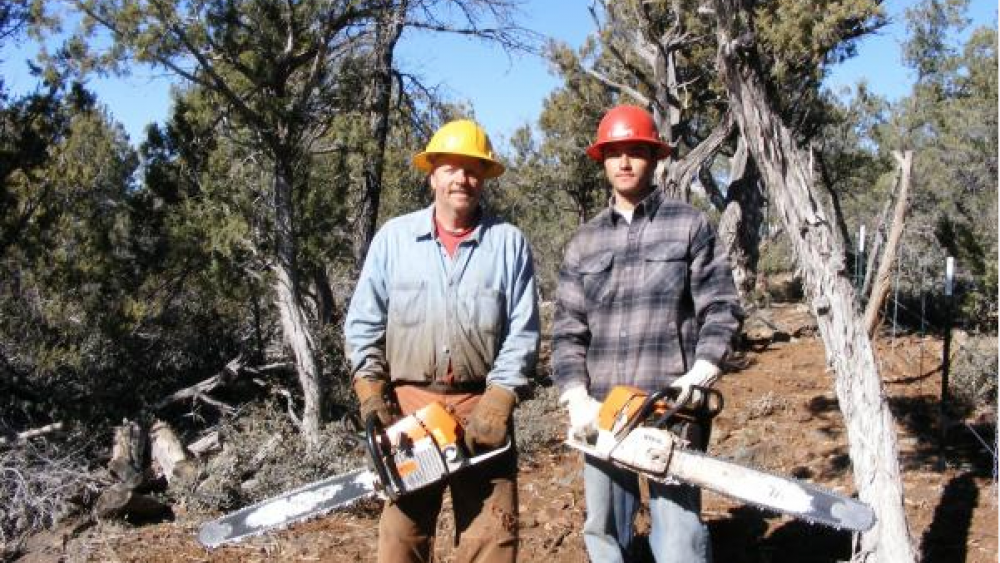
Spirit of Enterprise: Apache Warrior Stokes his Entrepreneurial Fires With a Firefighting Business
At 18, Clyde Campbell worked on the engine crew for the U.S. Forest Service and later, the Hot Shot crew in Payson, Ariz., fighting fires. Though the work was dangerous, difficult and demanding at times, Campbell said he loved every minute of it. “It was fun building trails and working out in the…

Collectively Managing Allotment Lands Is Better
Indian allotment holders are not making enough money from their allotments. One way for tribal allotment holders to gain more economic income from their allotments is to organize a corporation under tribal law and collectively manage allotted lands in order to gain more income for allotment holders…
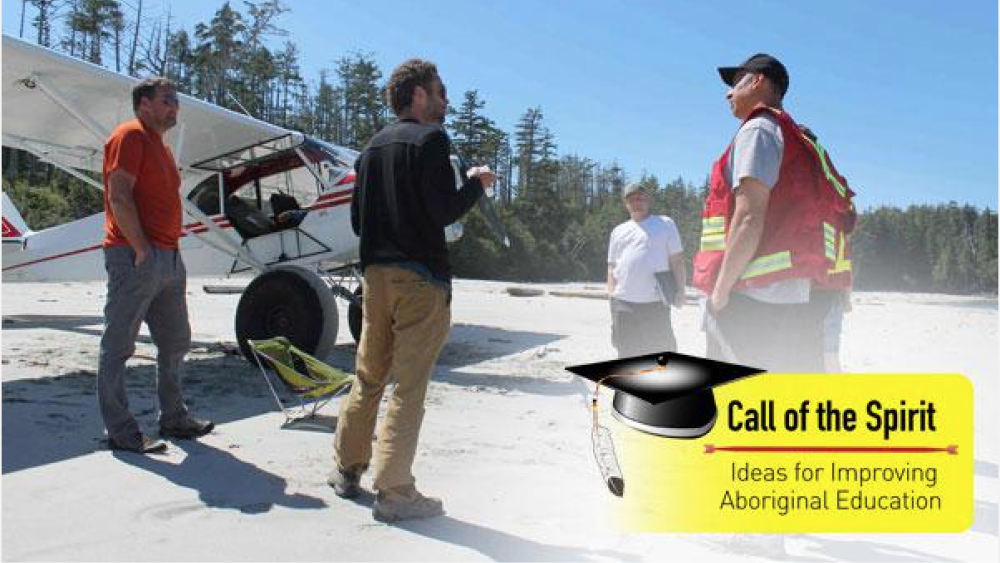
How First Nations Guardians Defend British Columbia's Fragile Coast
B.C.'s Central Coast houses the Great Bear Rainforest, the largest intact temperate rainforest left in the world. Attracting environmentalists, tourists, big game hunters, and natural resource developers from all over the globe, this fragile and much-coveted ecosystem has been home to First Nations…

Cutting Edge Tech on the Rez
Bigger isn’t always better. Arizona’s Tohono O’odham Nation covers some 2.8 million acres, only a small portion of which is occupied by the successful San Xavier District’s Hi:kdan Business Park. The tribally chartered, Native-owned private business operates under the banner: “Moving Forward with…
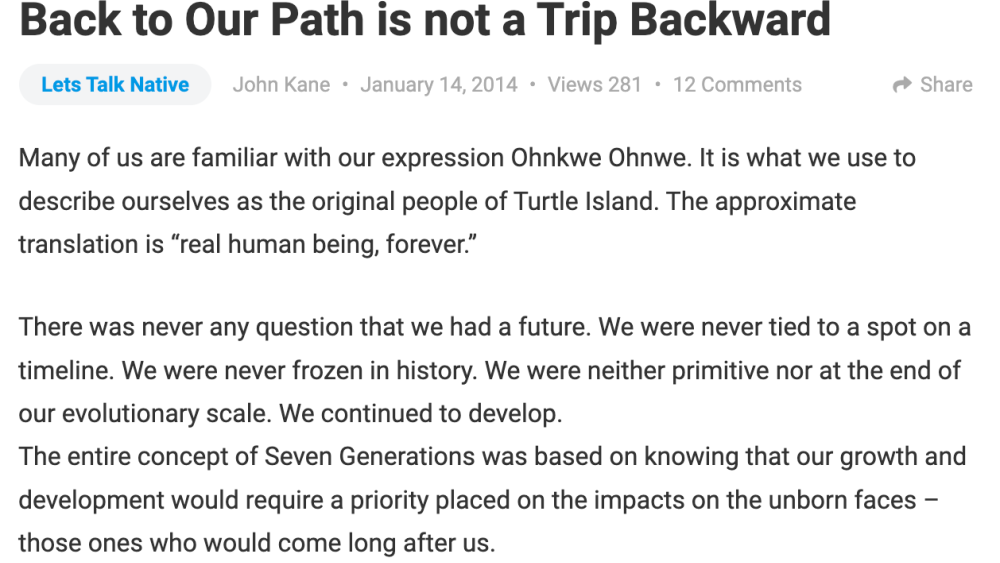
Back to Our Path is not a Trip Backward
Many of us are familiar with our expression Ohnkwe Ohnwe. It is what we use to describe ourselves as the original people of Turtle Island. The approximate translation is “real human being, forever.” There was never any question that we had a future. We were never tied to a spot on a timeline. We…
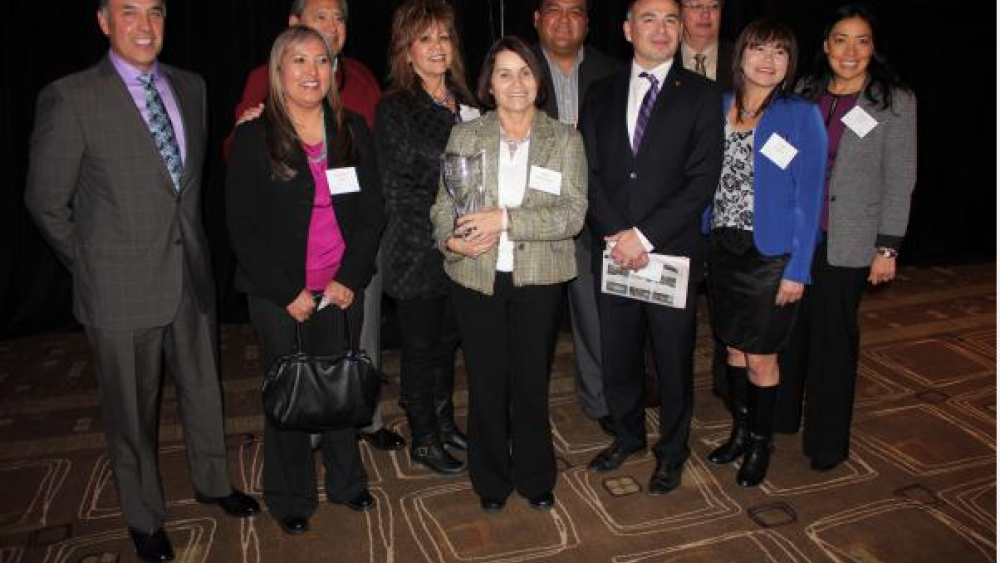
UW Names Colville Tribal Federal Corp. Minority Business of the Year
The tribal business for the Confederated Tribes of the Colville Reservation in North Central Washington–the Colville Tribal Federal Corp., or CTFC–recently won the 2013 William D. Bradford Minority Business of the Year Award. It’s the granddaddy of seven awards given annually by the University of…

Credit union has grand opening at Fortune Bay
Banking will be much more accessible for Bois Forte Band members with the opening of the Northern Eagle Federal Credit Union. The non-profit institution celebrated its grand opening Monday at its Vermilion branch, located at Fortune Bay Resort Casino near Tower. Northern Eagle’s main branch is at…
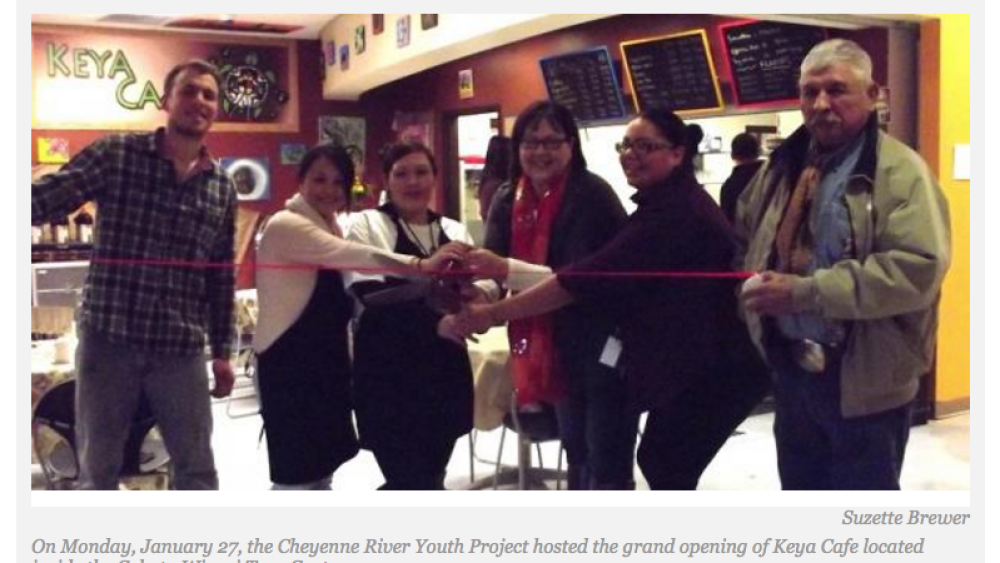
Cheyenne River Youth Project Turns 25, Launches Endowment and Keya Cafe Featuring Homegrown Food
Twenty-five years ago, Julie Garreau (Cheyenne River Lakota) developed the Cheyenne River Youth Project (CRYP) from a converted bar on Main Street in the tribe's capital Eagle Butte, South Dakota. For 12 years she volunteered her time to get an after-school program off the ground...
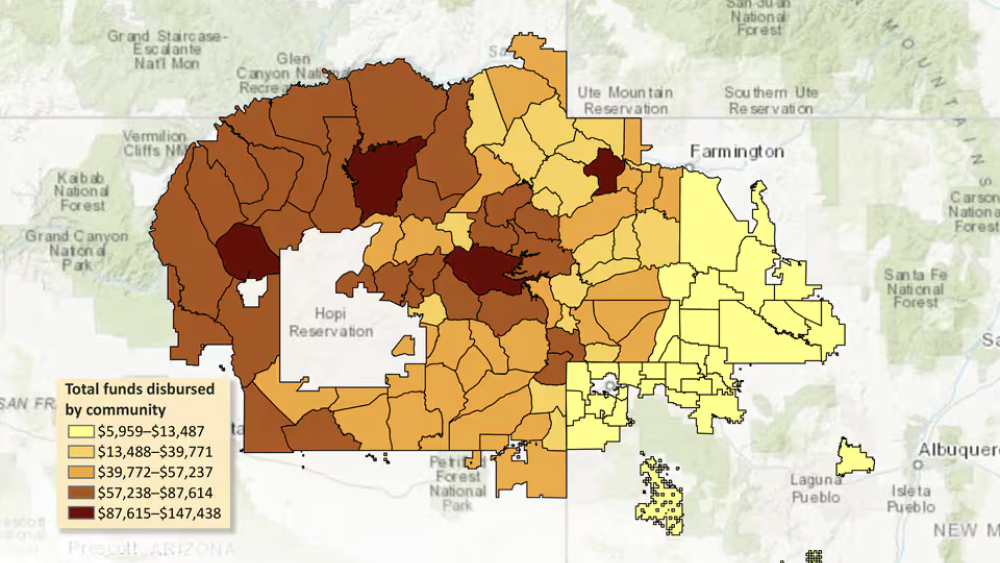
The Navajo Nation Healthy Diné Nation Act: A Two Percent Tax on Foods of Minimal-to-No Nutritious Value, 2015–2019
Our study summarizes tax revenue and disbursements from the Navajo Nation Healthy Diné Nation Act of 2014, which included a 2% tax on foods of minimal-to-no nutritional value (junk food tax), the first in the United States and in any sovereign tribal nation. Since the tax was implemented in 2015,…
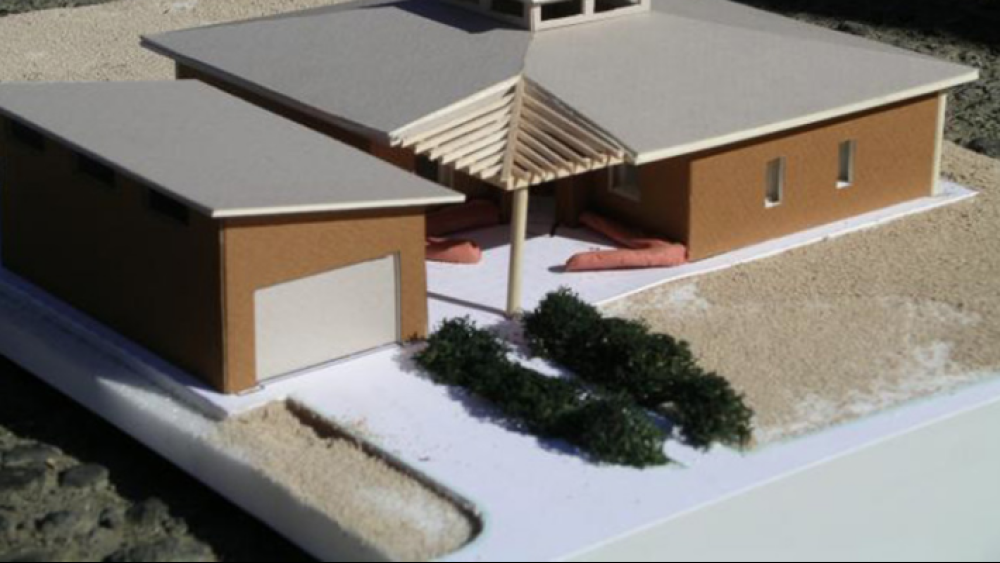
Building better homes in Indian Country
There's no other house like it on the Oglala Sioux's 2 million-acre Pine Ridge Reservation: Its walls are insulated by 18-inch strawbales rather than plastic sheeting, and its radiant-floor heating is much cheaper than the typical propane or electric. A frost-protected shallow foundation inhibits…
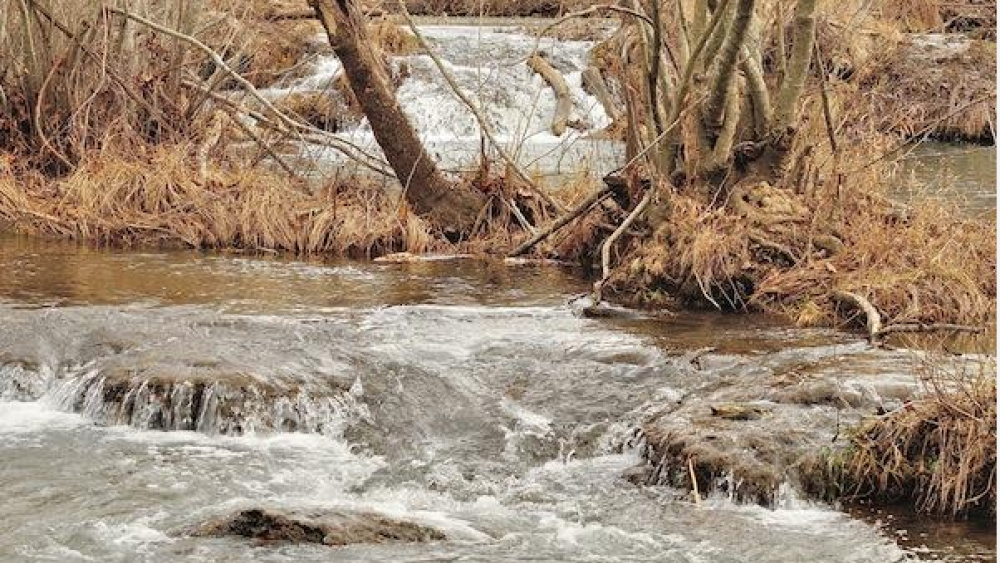
Chickasaw Fishery Saves Endangered Species While Sustaining Fishermen and Tourism
Nothing elevates the hope and heart rate of an angler more than hearing that first predawn “ZWIIINNGGG” of a casting reel as fishing line slices through the early morning air and the lure plops into the water. Whether it’s the first or last day of the season, fishermen hope that is a dinner bell…
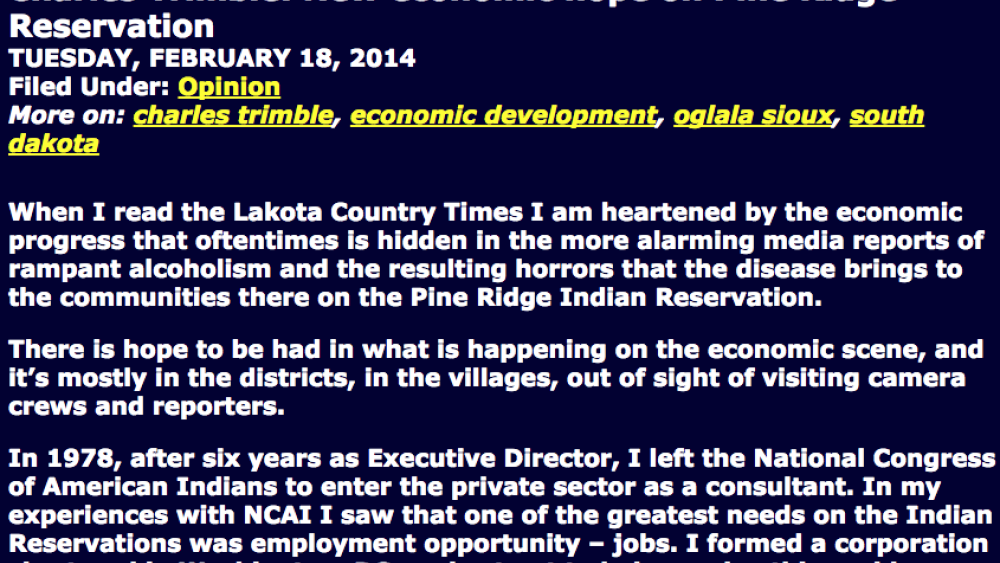
New economic hope on Pine Ridge Reservation
When I read the Lakota Country Times I am heartened by the economic progress that oftentimes is hidden in the more alarming media reports of rampant alcoholism and the resulting horrors that the disease brings to the communities there on the Pine Ridge Indian Reservation. There is hope to be had…
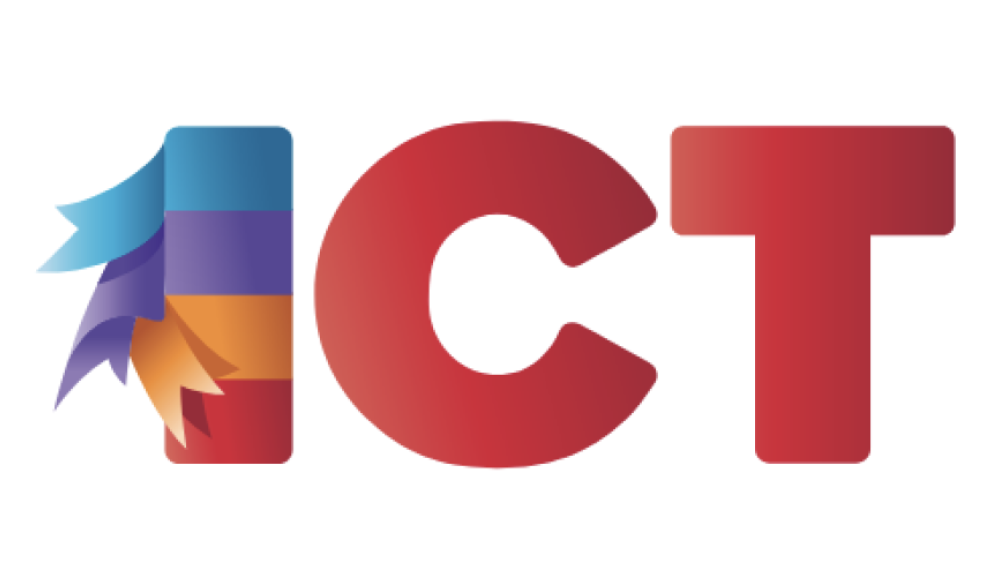
Cherokee Nation Raises Tribal Minimum Wage, More Than $2 Above Federal
Cherokee Nation Principal Chief Bill John Baker signed an executive order on February 21 raising the Cherokee Nation’s minimum wage to $9.50 over the next two years. The current Cherokee Nation minimum wage stands at $9 per hour, already well above the federal minimum wage of $7.25 per hour...
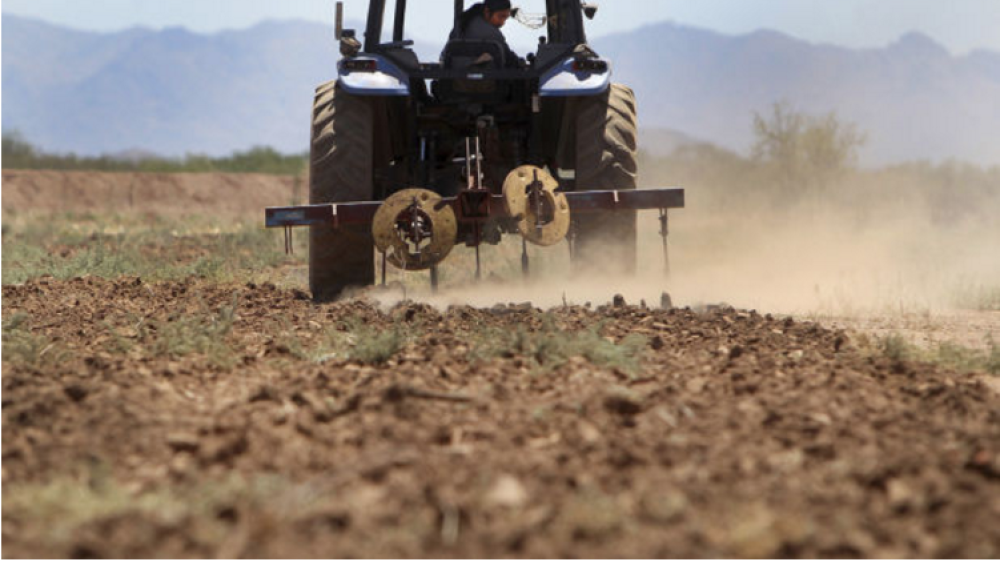
A Solution: Sowing the future for tribal youth
For aspiring farmer, Vernal Sam, 24, the physical labor came easily. Like many Tohono O'odham, he'd helped out on his uncle's cattle ranch as a kid, bringing in cash when his family needed it, and he'd helped his grandfather bury traditional tepary beans and squash seeds in the brown clay soil.…
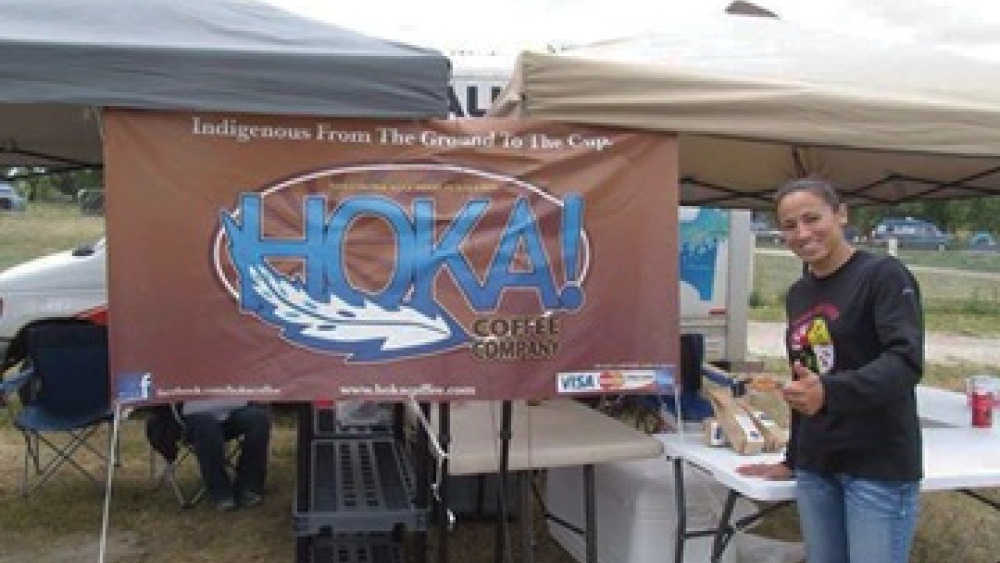
Hoka! Coffee gets off the ground in Pine Ridge
Some people are lucky enough to find a job that stimulates their passions, Sharice Davids just happens to be one of those people. Sharice’s recently created a coffee company on the Pine Ridge Indian Reservation. Taking inspiration from the Lakota language she decided to name her company Hoka!…
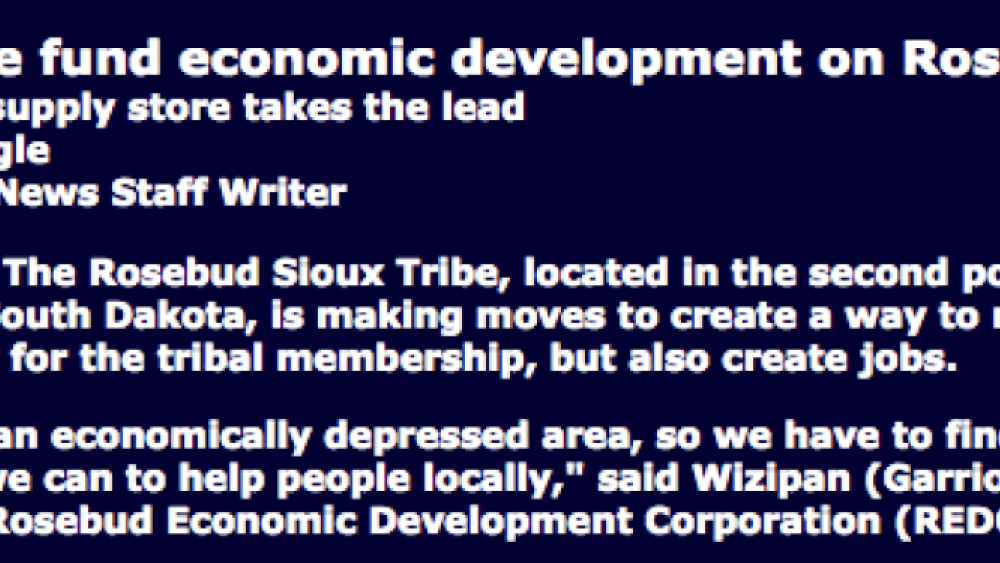
Rosebud Sioux Tribe boosts local economy
The Rosebud Sioux Tribe, located in the second poorest country in South Dakota, is making moves to create a way to not only save money for the tribal membership, but also create jobs. "We live in an economically depressed area, so we have to find every small way we can to help people locally,"…
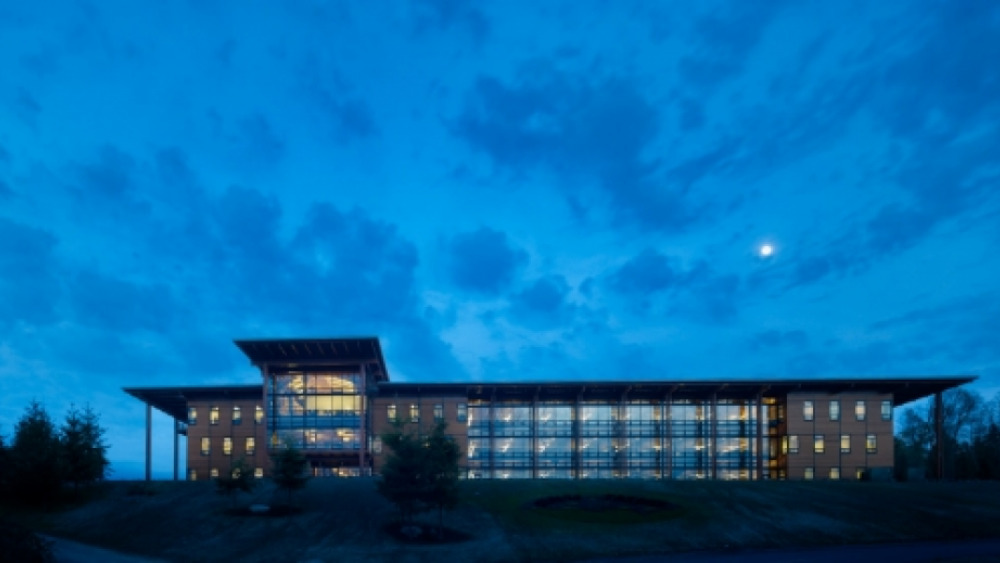
Key to Indian Development: Self-Government
Beginning late in the last century, the economies of Indian nations in the United States began recording a remarkable turnaround. Since the early 1990s, per capita income on Native American reservations has grown three times faster than have incomes in the nation as a whole. American Indians are…
Pagination
- First page
- …
- 13
- 14
- 15
- …
- Last page
